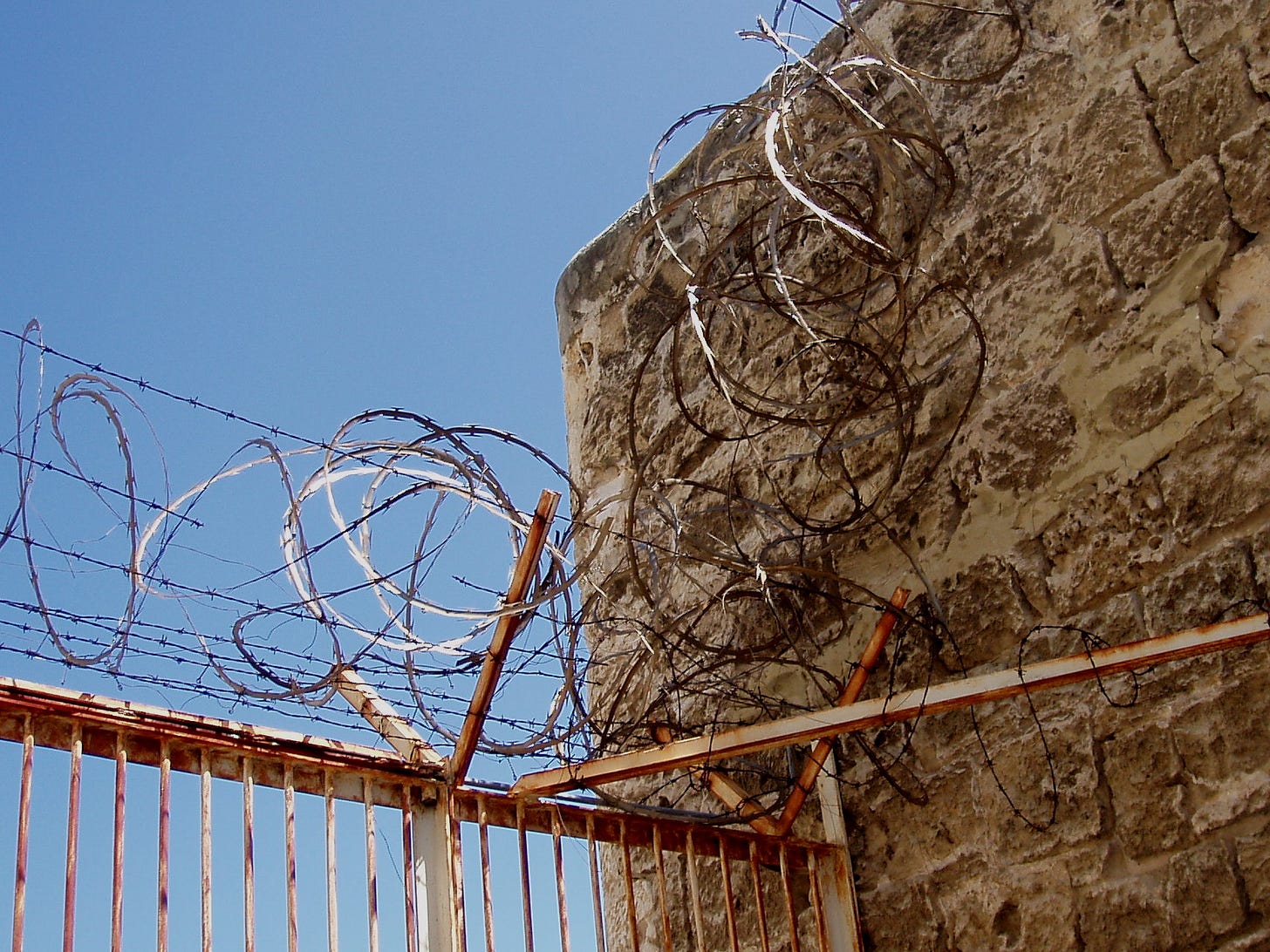Why is healthcare in Victorian prisons not run by the health department?
The ongoing coronial inquest into the death in custody of Indigenous woman Veronica Nelson has put a spotlight on the standard of healthcare in Victorian prisons.
Victoria is one of the only two Australian jurisdictions to not place responsibility for healthcare in prisons in its health department, instead housing it in corrections.
Despite having a guiding principle of delivering the same level of healthcare as an individual would receive in the community, the death of Veronica Nelson clearly proves this is not always the case.
And Victoria stands out for its structure of healthcare delivery and oversight in prisons.
While most Australian states and territories house their Justice Health units within their health departments, reporting to the health minister, Victoria’s is placed within Corrections Victoria. The only other state or territory to adopt this model is Western Australia.
This issue was raised recently at the coronial inquest, with a “medical conclave” of experts calling for this to be changed.
“What we have at the moment is care by a private operator who doesn’t report to the Minister of Health and this is against World Health Organisation [guidelines] for prison health,” Associate Professor Nico Clark told the inquest, according to the Dhadjowa Foundation.
“I think we should reconsider the governance of this healthcare.”
The medical conclave as a whole agreed that healthcare delivery in prisons should be governed and administered by the Department of Health rather than corrections.
According to an experienced prison doctor speaking on the condition of anonymity, the separation of health and custody responsibilities is meant to offer a layer of protection.
“This affords them responsibility for provision of services in a public system, or informed oversight in a private system,” they said.
“The support of the academic knowledge of a health department means it is hard to dupe the oversight - as in New South Wales where Justice Health is well aware of the deficiencies in the privately-operated prison health centres.”
There is “little” academic health knowledge within the corrections department, the doctor said, and the key performance indicators currently in place related to the wait times for an appointment, the number of appointments attended and the average waiting time in waiting rooms - delivery of service factors rather than quality of service or health outcomes.
“What happens then is you don’t have the expertise of the entire health department available to the prison service, being a subsect of the Justice Ministry it basically becomes an oversight committee.
“They’re more aligned with custody, they have a role monitoring the private companies that provide health services to the public prisons.”
Healthcare in Victorian public prisons has also been privatised and handed to a private company.
In Victoria, healthcare services in public prisons are contracted out to GEO Group subsidiary Correct Care Australasia.
This contract is worth nearly $550 million and runs from 2012 to June this year.
The medical conclave said that healthcare would be better in prisons if it was run by government services rather than the private contractor.
The inquest also revealed that a survey of prison officers at the Dame Phyllis Frost Centre found that 41 per cent rated healthcare at the prison as poor or very poor. The state government has opted not to monitor this again afterwards.



